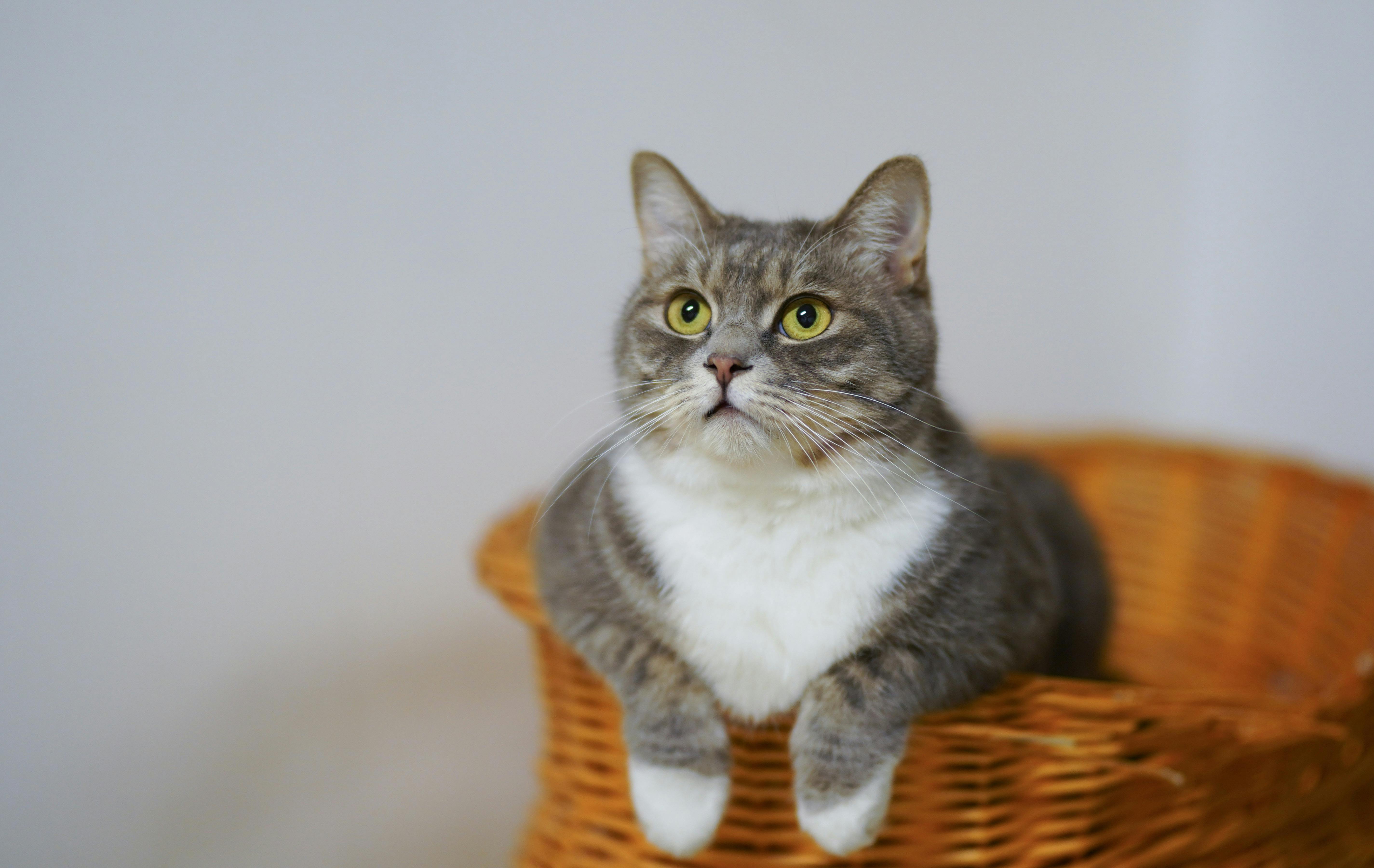More than just the cuddly furry bundle that it is, the Bichon Frize is a favorite breed among many families with children. For one, he sheds very little and is one of the few hypoallergenic dogs. He is great with children and bonds with the whole family. In addition to being trainable, keeping an eye on him also makes him an excellent watchdog.
As with many other breeds, Bichon Frises are best trained at a very young age. In fact, it’s best to start training your Bichon Frize as soon as you bring him home.
crate training your bichon
When you first arrive, put your dog in the crate. Choose a cage that is spacious and comfortable. A good-sized crate, one that is large enough for an adult dog to fit in and turn around, works well for this purpose. Throw in an old towel or for cozy comfort. Let your new dog get past the chewing stage before you buy him something fancier.
The box can serve you well. However, for best results, you’ll want your dog to view the crate as his own personal space, much like his bedroom. Use it only for pleasant things (playing, sleeping, eating) and never as a punishment. Over time, your little furball will come to recognize the crate as a safe and comfortable place. And when it does, this works in your favor. The cage helps deter your pet from losing control when you’re not home.
potty training your bichon
Intelligent and generally obedient breeds, your Bichon Frize needs frequency and consistency. Because they are small dogs, you will need to make frequent trips outside when potty training your pet. Observe your puppy closely the first few days. When he begins to show signs of needing to urinate or defecate, take him outside to a spot in the yard that you’ve designated as his depot. Give the potty command repeatedly as the dog relieves himself, and reward him with pats for doing so. Over time, your dog will start to recognize the command with the process of elimination. When the dog accidentally poops in the house, please take it to the designated deposit place and be stern with your command.
Meet other dogs on a walk
When you are out for a walk and your little puppy or dog sees another dog, they are likely to feel insecure. Unfortunately for small dogs, they show their insecurity by aggressively barking and howling, getting the other dog’s attention. Left alone, your Bichon Frize could find himself in a dog fight with a larger dog. That is not a comforting thought. So when you’re out for a walk with your dog, keep these things in mind:
• Keep your dog on a leash to maintain control. The leash holds your dog and gives you more control over his movements.
• Convey confidence and calm to your dog, especially when there are other dogs in sight. Your dog looks to you for guidance. If you are calm and confident, your dog will be too. That addresses the insecurity to some extent and relieves the urge to bark at other dogs.
• Get your Bichon to meet the other dog. Speak calmly, but keep your dog a safe, non-threatening distance from the other dog.

